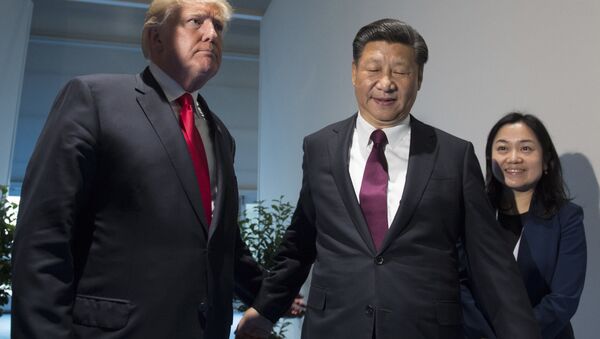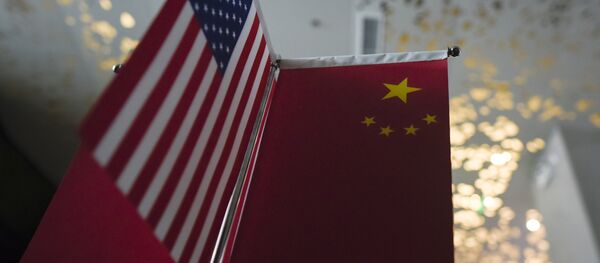After the White House blocked the sale of a US microchip manufacturer to a Chinese-held investment group, Beijing's state-run Xinhua media outlet published a strongly-worded editorial decrying what it considered a "short-sighted" means of "implementing protectionism," according to Reuters.
In denying China's state-backed Canyon Bridge Capital Partners permission to purchase the intellectual property and physical assets of San Jose, California-based Lattice Semiconductor, the administration of US President Donald Trump is being "penny wise and pound foolish," according to Xinhua.
Following revelations that the Canyon Bridge investment group was funded in part by China's Central Bank and was linked to the country's rapidly emerging space program, advisors to the Trump administration moved to encourage the US president to quickly sign a drafted executive order denying the sale.
Signed Wednesday by the US president, the executive order directs Lattice and Canyon Bridge to "take all steps necessary to fully and permanently abandon the proposed transaction," cited by Reuters.
The dissolution of the purchase arrangement between the two commercial entities must be completed within 30 days of Wednesday's executive order signing.
Beijing, through its state-run Xinhua news outlet, was quick to criticize the cancellation.
"The move, which is detrimental to both America's growth and global economic recovery, also runs counter to the mutually-beneficial and win-win nature of China-US relations," according to Xinhua.
By using security issues as a means to judge the viability of foreign investment, the US is implementing "protectionism," suggested Xinhua, adding that the move — from a profitability standpoint — is "penny wise and pound foolish," as well as being "short-sighted."
"Chinese investment is not a ‘Trojan Horse' with hidden purposes," the Xinhua editorial asserted.
Following an April visit to Trump's Florida resort by Chinese President Xi Jinping, the US president is scheduled to travel to Beijing in November.




